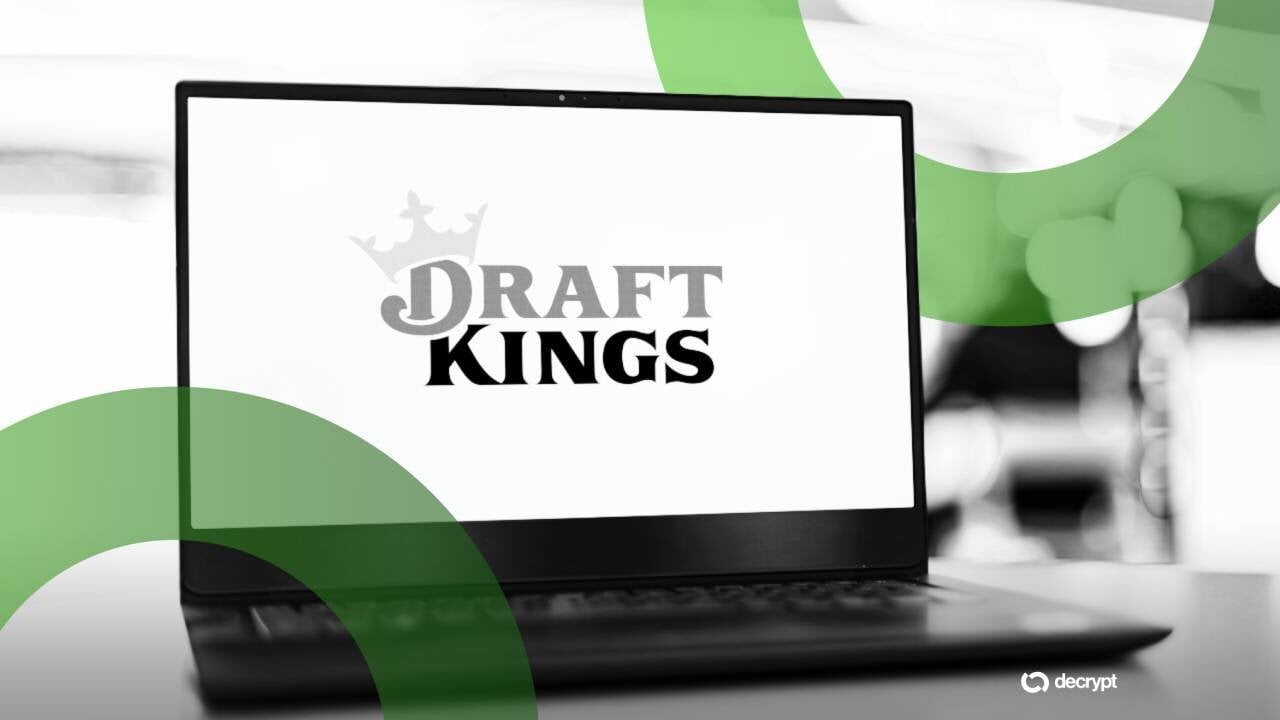Tether Launches QVAC Genesis I: Revolutionizing AI Training for STEM
TLDR
- Tether has launched the QVAC Genesis I dataset with 41 billion tokens to enhance AI’s reasoning capabilities in STEM fields.
- The dataset is specifically designed to improve AI models in mathematics, physics, and medicine, where current open-source models fall short.
- Tether’s CEO Paolo Ardoino emphasized the importance of decentralizing intelligence and providing open access to AI training data.
- QVAC Workbench, a new tool from Tether, allows users to run AI models directly on their devices, promoting local AI use.
- The QVAC Workbench also features a “Delegated Inference” tool that connects mobile devices to more powerful desktop versions for enhanced AI performance.
Tether Data has unveiled its QVAC Genesis I dataset, a groundbreaking release designed to enhance AI models in STEM fields. The dataset comprises 41 billion synthetically generated tokens, specifically designed to enhance AI’s ability to tackle scientific reasoning and problem-solving. This move presents a significant challenge to Big Tech’s control over AI training data, particularly in fields such as mathematics, physics, and medicine.
QVAC Genesis I Boosts Critical Thinking in AI
Tether’s QVAC Genesis I dataset is crafted to improve AI models’ logical reasoning in STEM fields. The dataset comprises 41 billion tokens, aiming to bridge the gap in scientific problem-solving. Tether’s team focused on transforming high-quality scientific and educational content into structured learning data.
The dataset’s goal is to improve AI’s capacity for critical thinking and cause-effect relationships.
This approach challenges the current limitations of open-source AI, which often struggles with complex problem-solving tasks.
Tether’s release of QVAC Genesis I provides AI researchers and developers with a valuable resource. It enables better training for models handling scientific inquiries, moving beyond simple pattern recognition. The dataset empowers models to engage in deep logical reasoning, a key element in advancing AI’s practical applications.
Tether’s Ambitious AI Strategy with QVAC Workbench
Alongside the dataset, Tether has introduced QVAC Workbench, a local AI tool that brings advanced models to personal devices. The Workbench enables users to run various AI models, including popular open-source options such as Llama, Medgemma, and Qwen, directly on their devices. It also supports a “Delegated Inference” feature that connects mobile devices with more powerful desktop versions for enhanced computational capabilities.
Tether’s focus is on making high-performance AI accessible to everyone without relying on centralized services. Users can run AI models locally, on Android, Windows, macOS, and Linux, with an iOS version to follow. Tether aims to democratize AI by reducing reliance on corporate-controlled platforms.
The release of QVAC Workbench aligns with Tether’s broader goal to reshape the AI landscape. The company is committed to creating peer-to-peer, open systems that offer transparency and control. “Intelligence shouldn’t be centralized,” Ardoino emphasized, signaling Tether’s vision of accessible, decentralized AI solutions for the masses.
The post Tether Launches QVAC Genesis I: Revolutionizing AI Training for STEM appeared first on Blockonomi.
You May Also Like

Jane Street Bets Spark Rally in Bitfarms, Cipher, and Hut 8 Shares

Ledger’s Multisig Update Draws Crypto Backlash Over Fees and Privacy Concerns
